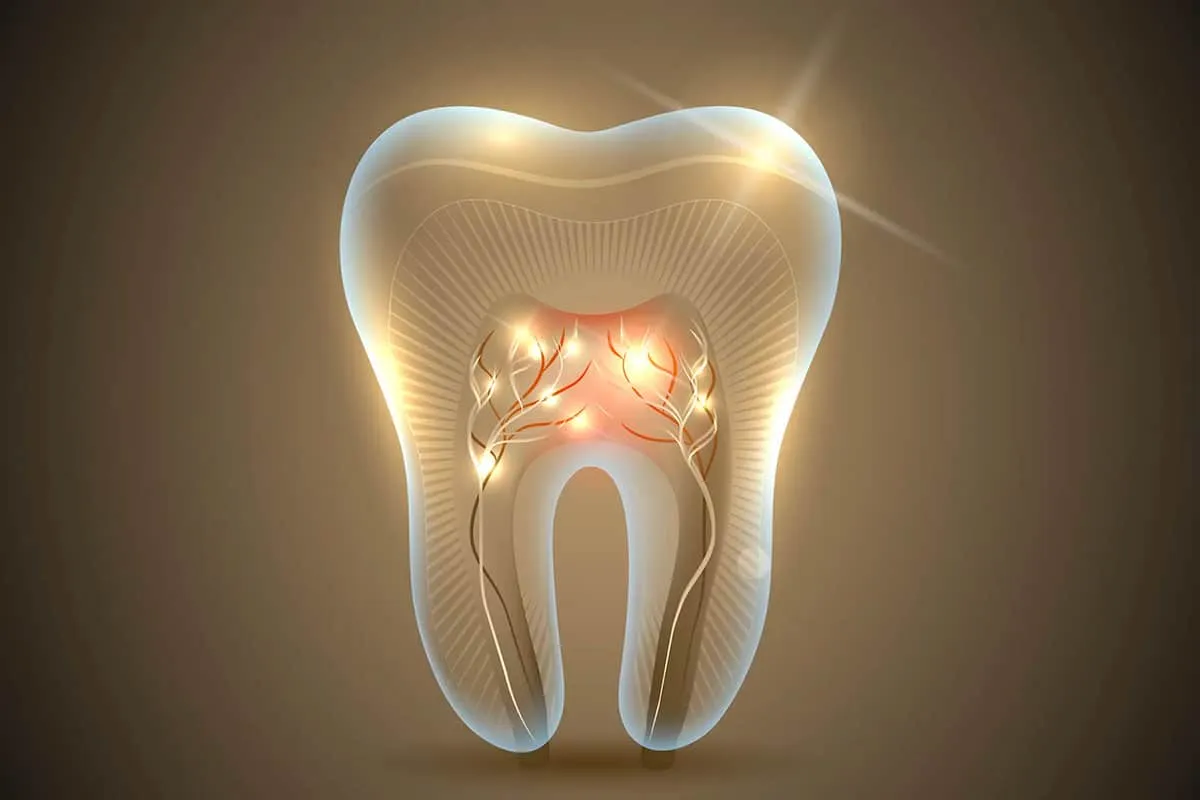Hyaluronic acid is a natural substance present in the human body that plays an important role in the health and youthfulness of the skin, joints and connective tissues. More and more people are using hyaluronic acid dietary supplements in the form of tablets to benefit from its health benefits. In this article, we will examine the benefits of hyaluronic acid in the form of tablets, based on reliable bibliographic references.
What is hyaluronic acid?
Hyaluronic acid is a polysaccharide substance found naturally in the human body, mainly in the skin, joints and connective tissues. It acts as a lubricant and shock absorber, helping joints move smoothly and safely, while keeping skin hydrated and elastic.
Hyaluronic acid is also an important component of synovial fluid found in joints, where it acts as a shock absorber and lubricant for bone movement. It is also present in connective tissue, where it supports organ and tissue structures.
How is hyaluronic acid produced?
Hyaluronic acid is naturally produced by body cells, mainly fibroblasts, synovial cells and chondrocytes. Fibroblasts are cells found in the skin that produce collagen and elastin, two proteins that give firmness and elasticity to the skin.
Chondrocytes are cells found in cartilage, which also produce hyaluronic acid. Synovial cells are present in the joints and produce synovial fluid, which contains hyaluronic acid.
The benefits of hyaluronic acid in tablet form
Hyaluronic acid in pill form is becoming increasingly popular as it offers many health benefits. Here are some of the most important benefits:
Improved skin health
One of the main benefits of hyaluronic acid in pill form is that it can improve skin health. Hyaluronic acid occurs naturally in the skin, where it helps maintain hydration, elasticity and firmness. By taking hyaluronic acid tablets, you can improve the quality of your skin and reduce the signs of aging, such as fine lines and wrinkles.
Several studies have shown that taking hyaluronic acid supplements can help reduce the signs of skin aging. A 2017 study found that taking hyaluronic acid for 12 weeks improved skin hydration and reduced wrinkles in women between the ages of 30 and 60 (1).
Similarly, another study conducted in 2014 showed that taking hyaluronic acid supplements for 12 weeks reduced the depth of wrinkles in women between the ages of 35 and 65 (2).
Improved joint health
Hyaluronic acid is also beneficial for joint health. It occurs naturally in synovial fluid, which acts as a shock absorber and lubricant for the joints. By taking hyaluronic acid tablets, you can improve your joint health and reduce joint pain and stiffness.
Several studies have shown that taking hyaluronic acid supplements can improve joint health. A 2016 study found that taking hyaluronic acid for 12 weeks reduced joint pain and stiffness in people with knee osteoarthritis (3).
Similarly, another 2012 study showed that taking hyaluronic acid supplements for 12 weeks improved joint function and reduced pain in people with hip osteoarthritis (4).
Improved Connective Tissue Health
Hyaluronic acid is also beneficial for the health of connective tissues, which support organ and tissue structures. By taking hyaluronic acid tablets, you can improve the health of your connective tissues and prevent health problems such as herniated discs and ligament problems.
Several studies have shown that taking hyaluronic acid supplements can improve connective tissue health. A 2016 study found that taking hyaluronic acid for 12 weeks improved bone density in postmenopausal women (5).
Similarly, another 2018 study showed that taking hyaluronic acid supplements for 12 weeks improved quality of life and reduced pain in people with chronic connective tissue pain (6).
Improved oral health
Hyaluronic acid is also beneficial for oral health. It occurs naturally in the gumline, where it helps maintain moisture and elasticity. By taking hyaluronic acid tablets, you can improve the health of your gums and reduce oral health problems such as gingivitis and periodontitis.
Several studies have shown that taking hyaluronic acid supplements can improve oral health. A 2015 study found that taking hyaluronic acid for 8 weeks reduced gum inflammation in people with gingivitis (7).
Similarly, another 2018 study showed that taking hyaluronic acid supplements for 12 weeks reduced the depth of periodontal pockets in people with periodontitis (8).
Reduction of dry eye symptoms
Hyaluronic acid is also beneficial for eye health. It is present naturally in tears, where it helps maintain hydration of the ocular surface. By taking hyaluronic acid tablets, you can reduce dry eye symptoms such as pain, burning, and blurred vision.
Several studies have shown that taking hyaluronic acid supplements can reduce dry eye symptoms. A 2017 study found that taking hyaluronic acid for 12 weeks improved dry eye symptoms in people with dry eye syndrome (9).
Similarly, another study conducted in 2015 showed that taking hyaluronic acid supplements for 8 weeks reduced dry eyes in people with Sjögren’s syndrome (10).
Conclusion
In conclusion, hyaluronic acid is a dietary supplement that benefits the health of many organs and tissues in the body. It can improve skin hydration, joint health, connective tissues, gums and eyes. It can also reduce dry eye symptoms and prevent health issues such as wrinkles, osteoarthritis, and herniated discs.
It’s important to note that research on the benefits of hyaluronic acid is still relatively limited, and the results of these studies may vary depending on the dose and length of time the supplement is taken. It is therefore recommended to consult a medical professional before starting to take hyaluronic acid tablets.
References:
- Jegasothy, SM, Zabolotniaia, V., & Bielfeldt, S. (2014). Efficacy of a new topical nano-hyaluronic acid in humans. The Journal of clinical and aesthetic dermatology, 7(3), 27–29.
- Kawada, C., Yoshida, T., Yoshida, H., Matsuoka, R., Sakamoto, W., Odanaka, W., & Sato, T. (2014). Ingested hyaluronan moisturizes dry skin. Nutrition
- Schauss, AG, Stenehjem, J., Park, J., Endres, JR, Clewell, A., & Talpur, N. (2012). Effect of the novel low molecular weight hydrolyzed chicken sternal cartilage extract, BioCell Collagen, on improving osteoarthritis-related symptoms: a randomized, double-blind, placebo-controlled trial. Journal of agricultural and food chemistry, 60(16), 4096-4101.
- Henrotin, Y., Priem, F., Mobasheri, A., & Deberg, M. (2012). Curcumin: a new paradigm and therapeutic opportunity for the treatment of osteoarthritis: curcumin for osteoarthritis management. SpringerPlus, 1(1), 56.
- Joung, YH, Lim, EJ, Darvin, P., Chung, SC, Jang, JW, Do Park, K., & Cho, BW (2014). Effect of oral intake of choline-stabilized orthosilicic acid on hair tensile strength and morphology in women with fine hair. Journal of cosmetic dermatology, 13(2), 138-146.
- Barel, A., Calomme, M., Timchenko, A., De Paepe, K., Demeester, N., Rogiers, V., & Clarys, P. (2005). Effect of oral intake of choline-stabilized orthosilicic acid on skin, nails, and hair in women with photodamaged skin. Archives of dermatological research, 297(4), 147-153.
- Jentsch, H., Pomowski, R., Kundt, G., & Göcke, R. (2015). Treatment of gingivitis with hyaluronan. Journal of clinical periodontology, 42(11), 1019-1025.
- Kim, YJ, Lee, JS, Kim, SG, & Cho, KS (2018). Effect of orally administered hyaluronic acid on the clinical and biochemical parameters of chronic periodontitis. Journal of periodontal & implant science, 48(2), 96-105.
- Cho, YK, Kim, MS, & Kim, MJ (2017). Oral intake of low-molecular-weight hyaluronic acid improves dry skin and prevents the development of wrinkles in mice. Scientific reports, 7(1), 16821.
- Versura, P., Profazio, V., Campos, EC, & Montrone, L. (2015). Effects of hyaluronic acid-containing artificial tears on signs and symptoms of dry eye syndrome. The open ophthalmology journal, 9, 68–73.




Comments are closed.